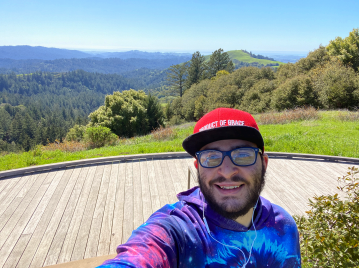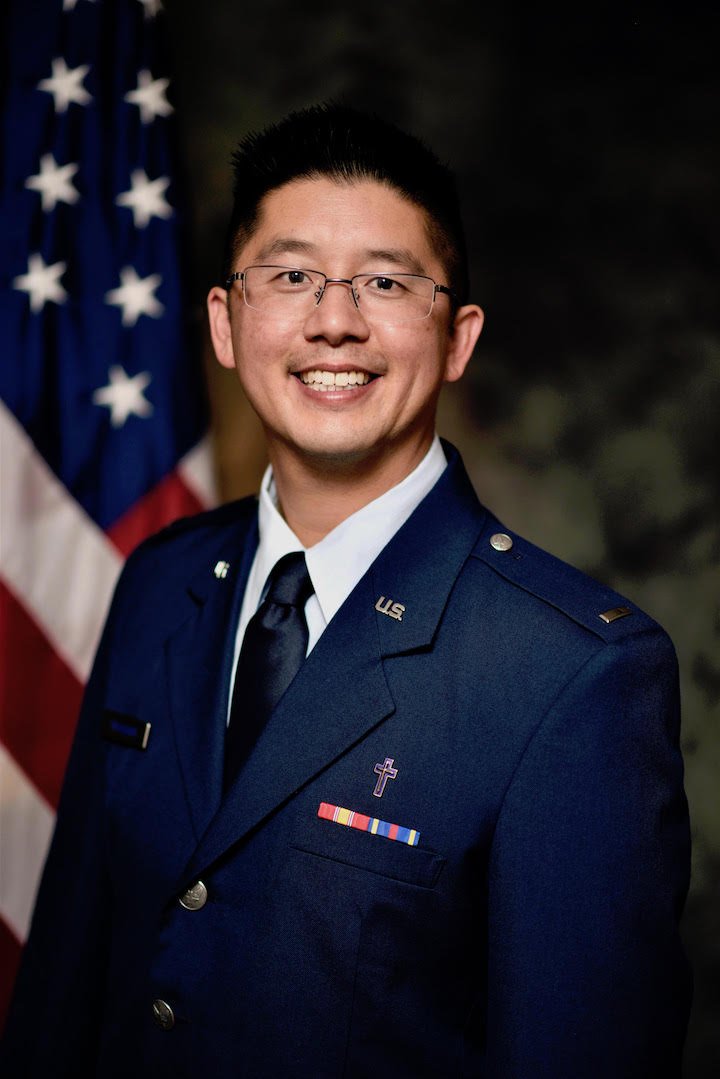by Stephen Shelnutt
“Be perfect, therefore, as your heavenly Father is perfect.” Matthew 5:48
What a tall order! It seems overwhelmingly impossible that we might be tempted to dismiss it as not serious. But if we are to take wholeness seriously, it would only be to our benefit to take the words and teachings of Rabbi Jesus seriously as well. And really, what’s more whole than perfection?
This statement comes from a context of other difficult, if not impossible, words of advice: “don’t even be angry, don’t even look at a woman lustfully, don’t even retaliate, and love those who hate you.” Slow down, Jesus, you’re asking too much of us simple humans! When we think of living the kind of life described in the Sermon on the Mount, we might think of it as a lofty ideal, but not something to seriously adopt since it’s too hard. But ask yourself: which life is really harder, one that is full of hatred and violence towards your fellow brothers and sisters, and they to you, or one that has no need for anger, violence, and hate because, well, what good is it anyways?
Considering the two alternatives before us, “be perfect, therefore, as your heavenly Father is perfect” is not a new command that we will be punished for if we fail to uphold it, but rather a practical word of advice, a small hint at living a peace and joy-filled life. Jesus knows that human flourishing and goodness and wellbeing can only happen when people let go of the things oppressing us and take on the things that generate goodness. In a sense, when we finally start acting like our heavenly Father, who is love, and deal with ourselves and each other as he deals with us, then things will finally be as they ought to be. What else is meant by “right-eousness”?
And to be fair, it is hard. We’re just used to doing things a certain way, it “can’t be helped.” Except, it can. It might take months and years of discipline of adopting a new character, one that naturally doesn’t get angry, etc., but it can be done. The curriculum for adopting this new character and way of life (discipleship) will likely look different for everyone, and we can certainly learn from other experienced students who are further along than we are.
It will be a long and arduous journey (such is the journey to life [Matthew 7:14]), and we couldn’t possibly discuss it at length here. So I will only offer one word of advice, an exercise to help you get started on your journey. Ask yourself this: do you really need to hold on to those parts of yourself? Your anger? Your defending yourself in resistance to others? Your condemnation? Has a situation ever really been better because of your anger? Has anyone ever “finally got it” and become better after you’ve judged and put them down? Have you? Consider these things at length. Be honest with yourself and the situation. Don’t simply accept things for how they appear to be; dare to dream of what they could be. And may the patient God of peace and love and all goodness be right alongside you on your journey. Always.
Stephen Shelnutt is the Children’s Ministry Director Intern at Christian Layman Church. He is currently interested in discipleship and spiritual formation and is reading every Dallas Willard book he can get his hands on.









